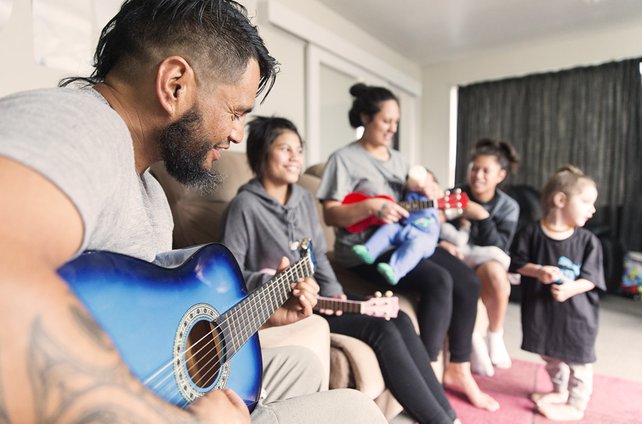Regardless of your budget or the type of work you’re hoping to do, you can achieve much more by working in partnership with others in your community.

Regardless of your budget or the type of work you’re hoping to do, you can achieve much more by working in partnership with others in your community.

Schools often form the heart of a community. Not only can you work with schools to get your messages to teachers and students, but schools also provide avenues to connect with parents.
Working closely with Rūnanga and Iwi helps ensure your strategies are appropriate and effective. An endorsement of activities from Runanga and Iwi, and being able to utilise their communication channels to amplify your messages, will increase your chances of ‘cutting through’ and being heard.
The workplace setting provides access to a potentially large audience. Many employers are becoming increasingly supportive of actions that promote the health and wellbeing of staff. The challenge is often ‘getting your foot in the door’ and ensuring your approach is relevant for people in the workplace you are engaging with.
Multiple agencies and organisations have a role to play supporting a community’s recovery following an event. Councils, District Health Boards, Civil Defence, Ministries and Departments and non-government organisations are typically all involved in aspects of recovery, often at the coal face. It’s important that everyone’s messaging and actions complement each other.
Working closely with academic ‘experts’ is a great way to ensure your work is informed by the latest thinking and evidence. Supportive comments from academics can lend credibility to your work, and as such their opinions can carry great weight with media.
NGOs generally have incredibly strong linkages with their community. They are well positioned to provide information on where people are at, can act as a sounding board for your ideas, and can help share your messages wide and far.
Libraries are a space where people from different walks of life come together to discover new things. Not only are people visiting libraries open to learning new things, it has been our experience that librarians love helping people! In terms of amplifying your messages, that’s a great combination!
Like schools, these are communities in themselves and not only have ways of communicating with their members but also often reach out and support their local neighbourhoods and communities. They are often already active in promoting wellbeing activities and also provide important opportunities for members to connect, help and give to others or provide venues for wider community events and activities.
Journalists are always looking for interesting stories to tell - research findings, infographics, or a case study of someone’s recovery journey can all increase the likelihood of gaining media coverage.
Building a following on social media provides you with a direct line of communication with your audience. Not only can they share your messages with their friends, but it provides a forum for your audience to directly communicate with you.
Having a stall at existing events (e.g. health days, sports events) can be an effective way to get your message/brand out there, with the opportunity to have a lot of face to face conversations with people. Attending existing events also saves a lot more time and resources than trying to pull off an event on your own! Try to activate the stall with an activity or interactive resources.
We partnered with Christchurch’s infrastructure rebuild team (SCIRT) to plan a tasty lunchtime surprise for some of the city’s hardest-working roadies.
Every year we support the University of Canterbury health promotion students to deliver a walk with a difference – the All Right? Amble.
All Right? teamed up with engineers Beca to create a Winter Survival Kit containing various tips and ideas to promote wellbeing in the winter months.
Open City is a collaboration between Gap Filler and All Right? created to support Cantabrians to reconnect with their city.
Funding from the Red Cross enabled All Right? to work with the Canterbury Refugee Resettlement Service to translate actions shown to boost wellbeing into multiple languages.
All Right? partnered with the Canterbury District Health Board's School Based Mental Health and Health Promoting Schools teams to create Sparklers, an online toolkit for teachers comprising over 50 activities to help tamariki feel calmer, happier, and more ready to learn.
We worked with Auckland University academic Rawiri Hindle to create our own version of Hikitia te hā – a set of simple breathing exercises based on Te Ao Māori. All Right? has subsequently worked with local Maori health and wellbeing practitioners to create taiaha, tai chi and yoga versions.
Our packs of Tiny Adventures were developed in partnership with SKIP (Strategies with Kids Information for Parents) to help parents enjoy quick, fun and affordable activities with their children.